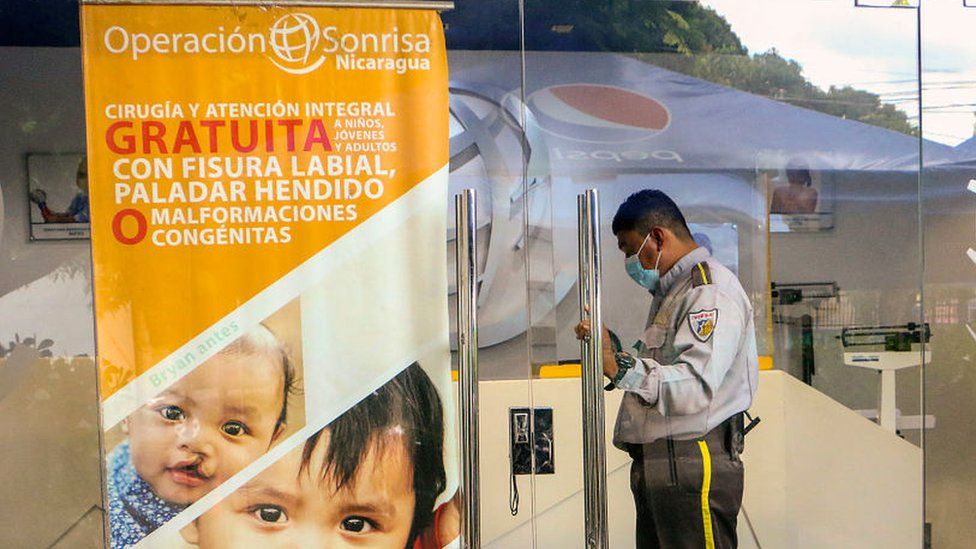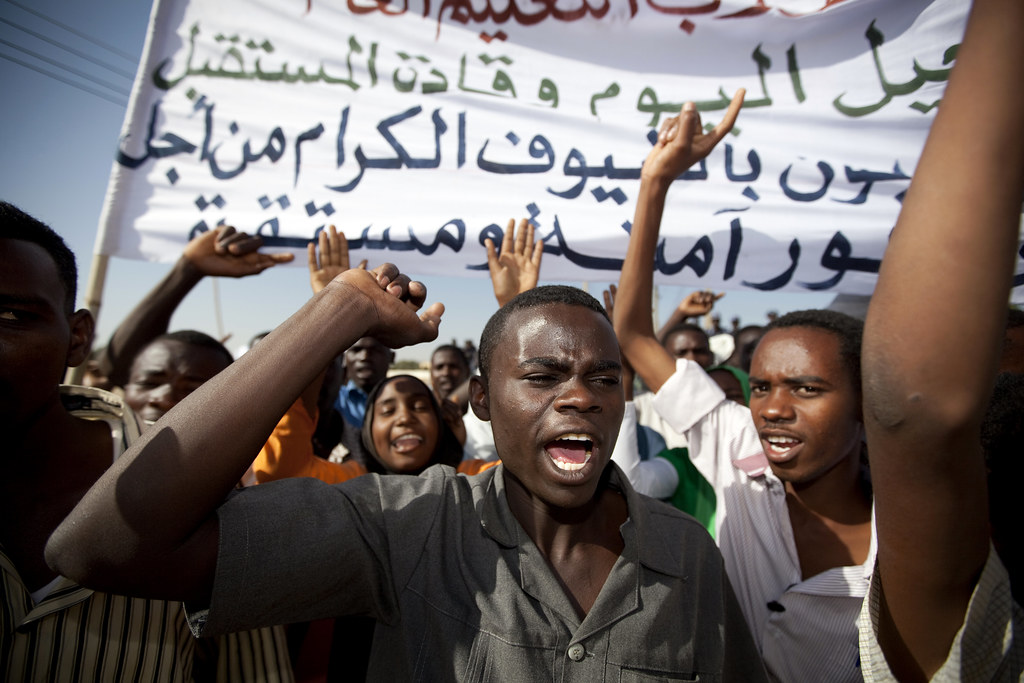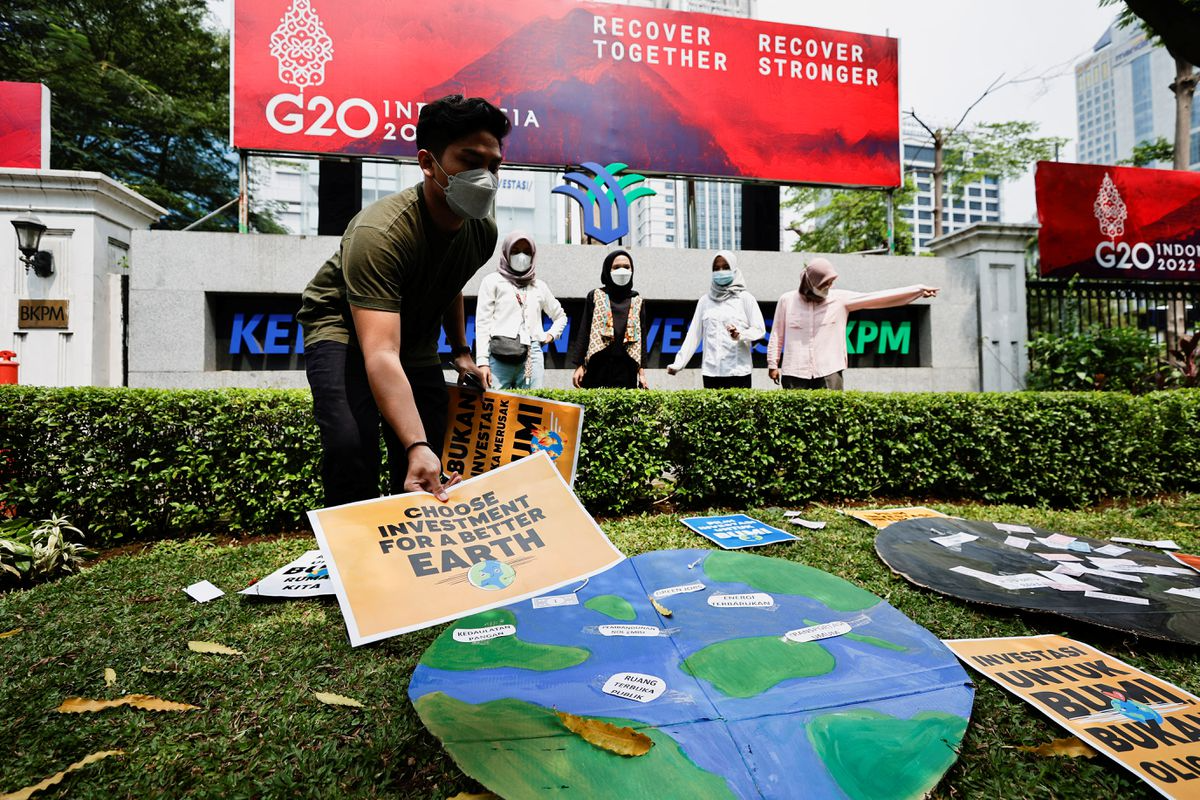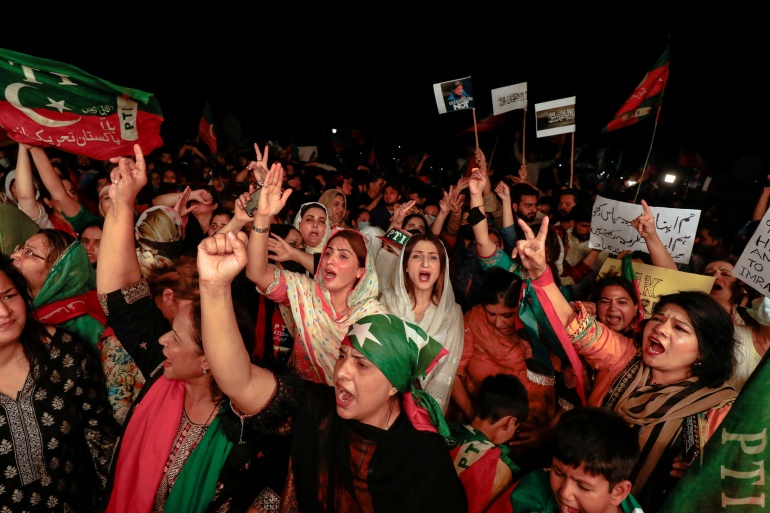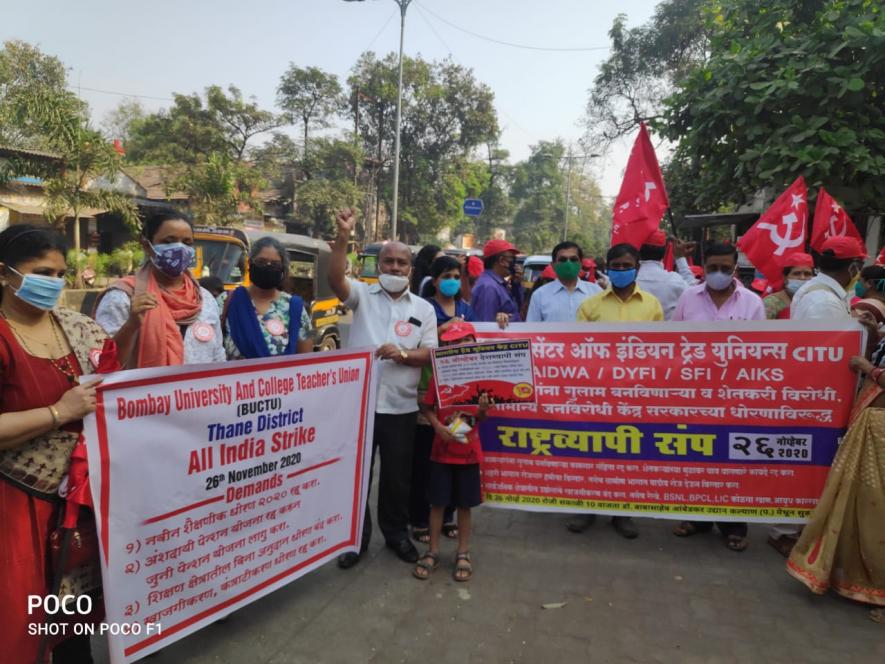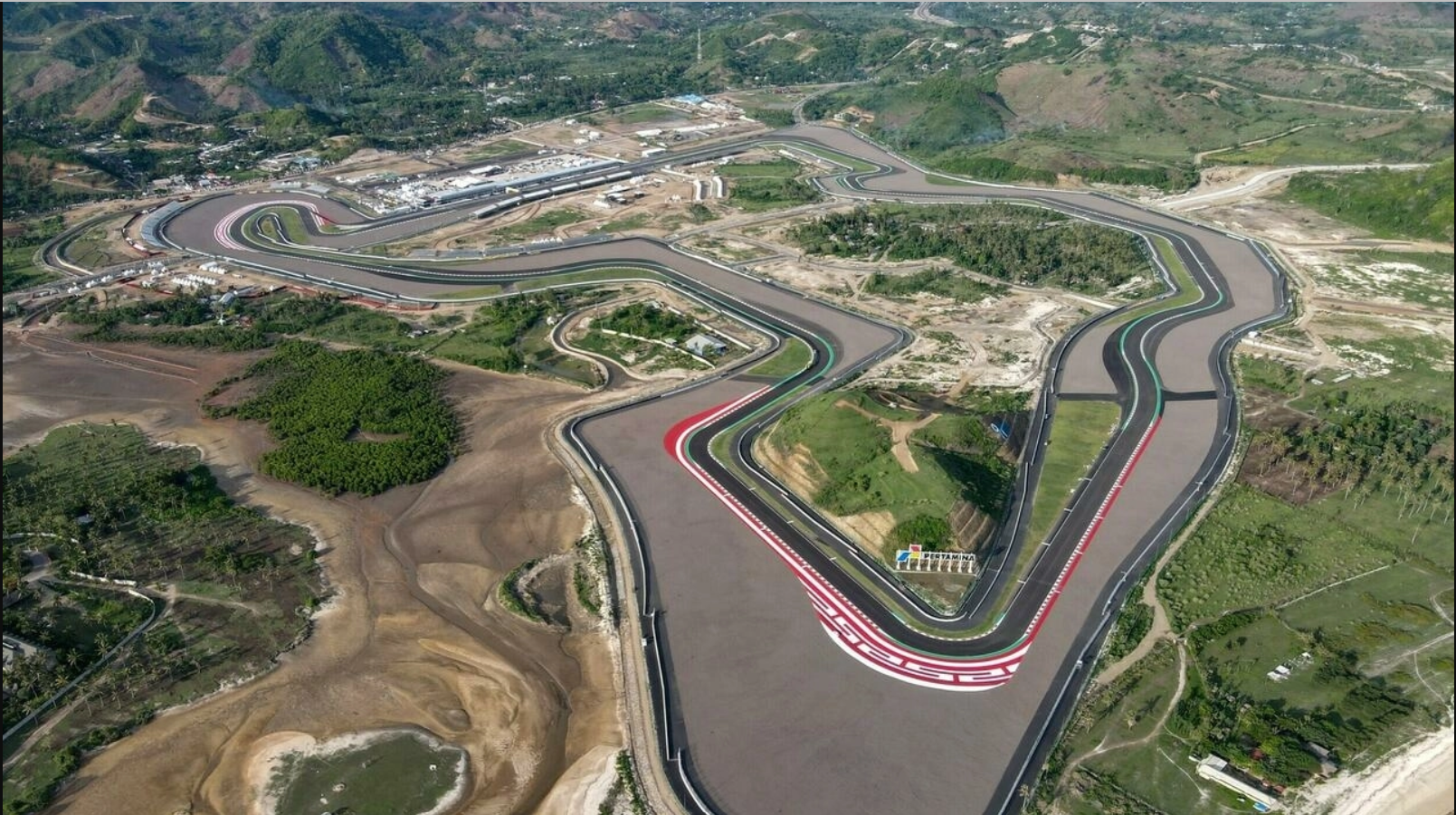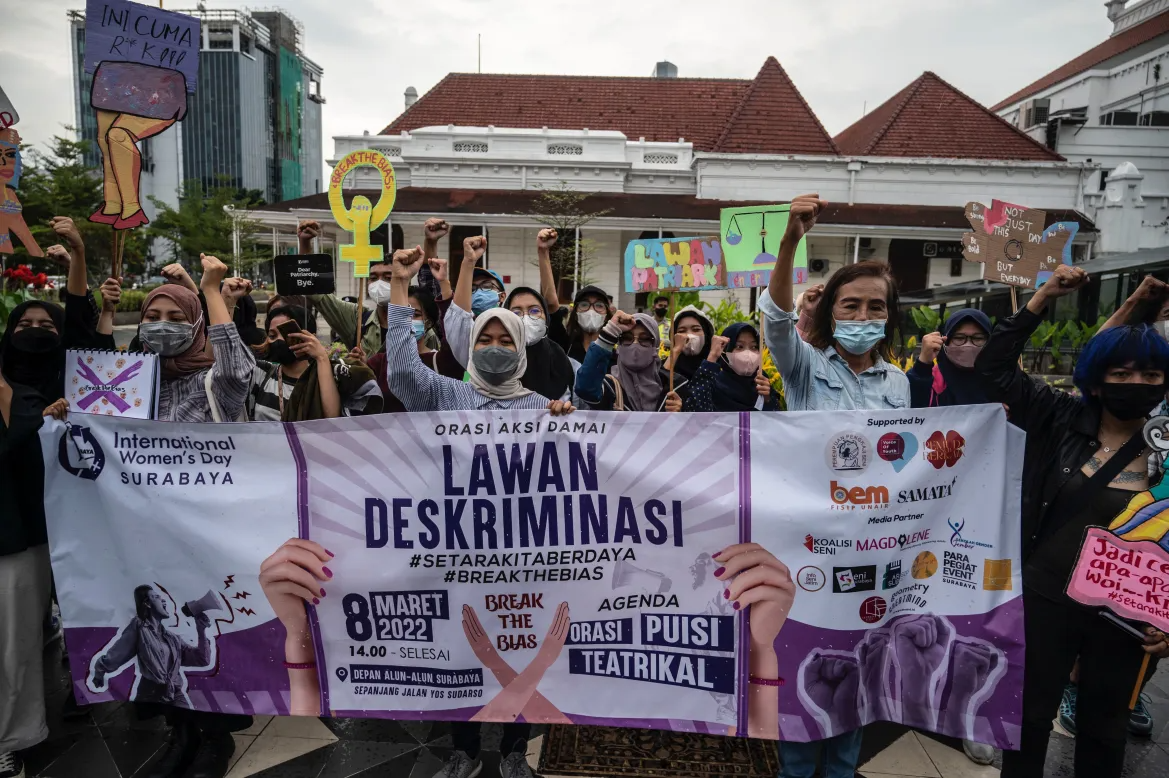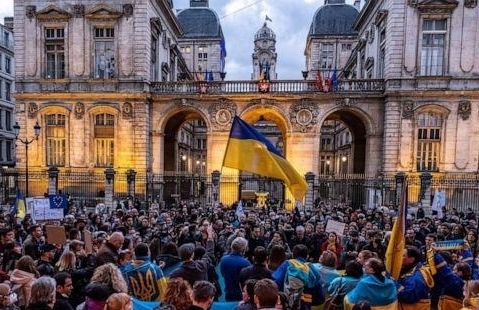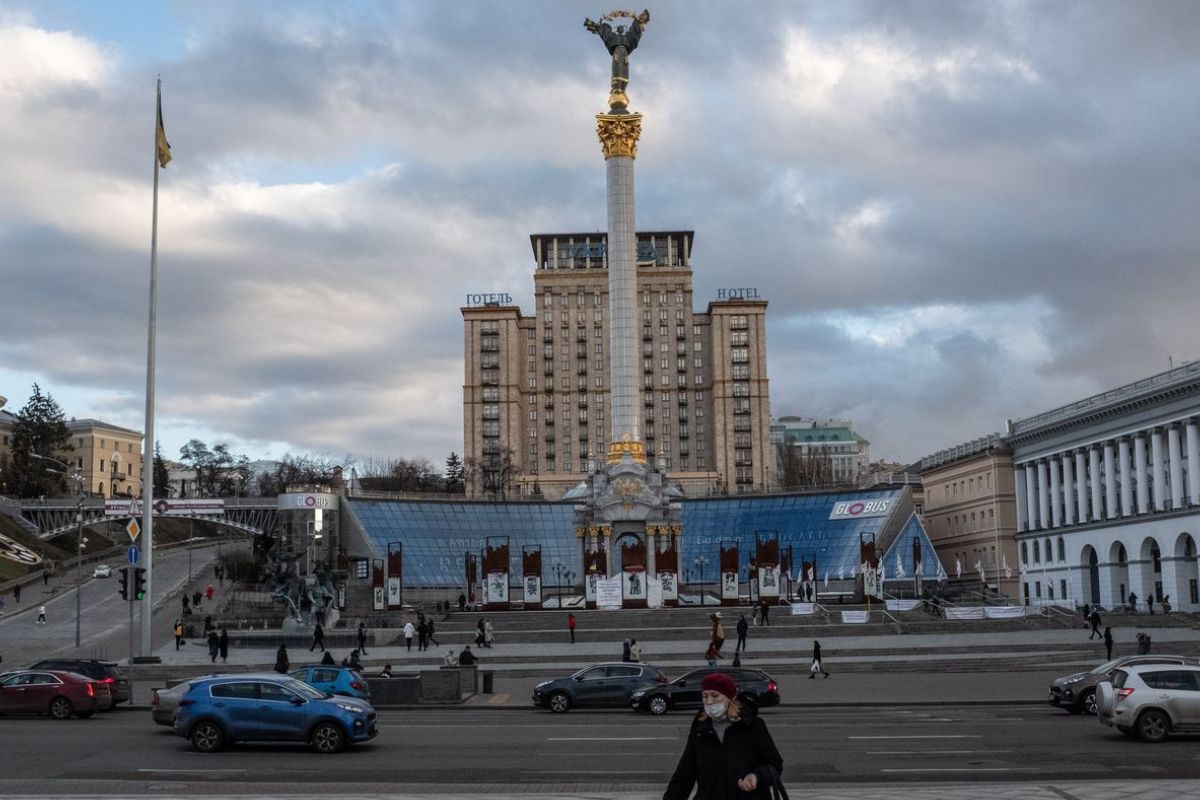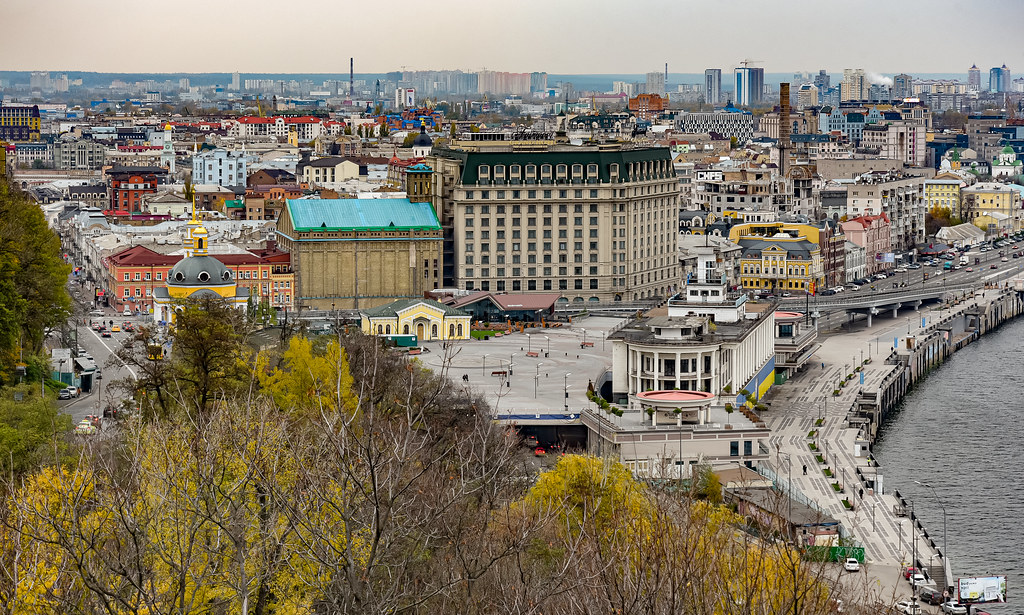Dear Friends,
CANVAS is delighted to bring you another issue of our weekly report!
In this issue, we cover the latest updates on Russia’s invasion of Ukraine, news from Belarus, and NGO shutdowns in Nicaragua.
Conflict Update:
As of May 3, 2022, the OHCHR has recorded 6,546 civilian casualties in Ukraine, including 3,193 killed and 3,353 injured. Evacuations from the Azovstal steel plant in Mariupol are in progress. Russia has denied attempting to storm the plant, but Ukrainian forces inside the steelworks say that Russian attacks are continuing. At least 20 children are estimated to still be in the steelworks, amidst approximately 200 civilians, and their supplies are dwindling. The first group of civilians was evacuated from the plant on Sunday, and a third operation to evacuate civilians from Mariupol is scheduled to arrive on Friday. Mariupol is currently under the administration of the Russian-backed Donetsk People’s Republic.
On the final Friday of Ramadan, 42 Palestinians were injured by Israeli police in a raid on the Al-Aqsa Mosque compound in East Jerusalem. Police were reportedly responding to “rioters” throwing stones and fireworks, some of which were towards the Western Wall, a sacred Jewish site below Al-Aqsa. The police used tear gas and rubber bullets and arrested three people. Almost 300 Palestinians have been injured in similar incidents at the Al-Aqsa compound in the two weeks prior to this event.
Last Friday, a report was released that said the British Virgin Islands (BVI) should be effectively governed from London. Activists gathered on Monday, chanting slogans and holding signs saying “No UK rule.” UK Foreign Secretary Liz Truss justified the report by saying the recent arrest of BVI Premier Andrew Fahie shows a need for “urgent action.” BVI is currently self-governing, though an overseas territory of the UK. The UK supervises BVI’s defense and foreign policy. Anti-corruption activists have accused both the local government and London of turning a blind eye to illicit flows of foreign money through BVI.
Opposition lawmakers walked out of parliament and protesters blocked major roads in Yerevan to demand the resignation of Armenian Prime Minister Nikol Pashinyan. Protesters then gathered outside of parliament, shouting, “Armenia without Nikol!” and “Leave!”. Pashinyan has been criticized for Armenia’s loss of territory around Nagorno-Karabakh during the six-week war with Azerbaijan in 2020.

Afghanistan:
Two transmission towers were blown up on Saturday near Kabul, leaving millions of people in 11 provinces facing blackouts and a lack of electricity. These outages come just before Eid al-Fitr, marking the end of the holy month of Ramadan. Teams have been deployed by the state-run DABS electricity company to carry out repairs. According to Hekmatullah Maiwandi, the company spokesman, temporary repairs would restore power that night, while an additional two weeks would be required to complete a full restoration of the towers. Two suspects have been arrested over these attacks.
Heavy rain and flooding has killed 22 people in Afghanistan, destroyed hundreds of homes, and damaged crops in flash floods. The country currently faces a crisis of starvation, and with thousands of acres of land destroyed and hundreds of livestock dead, the humanitarian crisis is deepening. The rain was more severe in the northwestern regions of Afghanistan, but over a third of the provinces in the country have been impacted. Taliban officials said on Thursday that they are going to approach international relief organizations for aid with this crisis.

Iran:
A Swedish-Iranian national was sentenced to death in Iran for spying charges and will be executed by May 21st. Ahmad Reza Djalali is a disaster medicine doctor, and a researcher, and was arrested in 2016 while on an academic visit to Iran. Swedish Foreign Minister Ann Linde tweeted that Sweden condemns the death penalty and demands that Djalali be released. This announcement comes just before the trial of Hamid Noury, a former Iranian official arrested by Swedish authorities in 2019. His verdict is due to be announced on July 14th.
On Wednesday, the US State Department said that due to the uncertainty, the US is now preparing equally for a scenario where there is a return to the 2015 nuclear deal with Iran, as well as one where there isn’t. In a briefing, Department spokesman Ned Price said “Because a mutual return to compliance with the JCPOA is very much an uncertain proposition, we are now preparing equally for either scenario”.

Iraq:
Jim Fitton, a retired British geologist, faces the death penalty after being arrested for taking pottery shards from an archaeological site out of the country. A German citizen was also arrested alongside him, but he has not been identified and his status is not clear. Officials and legal representatives familiar with Fitton’s case said he’s unlikely to receive the death penalty, but there is potential for the government to leverage this situation to shape public opinion against the British government. The pottery shards were collected on a tour to Eridu, where a representative from the Culture Ministry gave the tourists permission to take them as mementos. Fitton’s case gained attention when his family started a petition after being frustrated over perceived inaction on the part of the British Foreign Office. His lawyer has drafted a proposal to have the case closed before trial but requires assistance from the Foreign Office to publicly present it.
Clashes between the army and a Kurdish separatist militia caused thousands of people to flee their homes in Northern Iraq, and head towards the semi-autonomous Kurdish region for safety. These clashes erupted late on Sunday when the Iraqi military launched an operation to clear the region of YBS forces. This fighting intensified on Monday and spread to other areas in the Sinjar district. The Iraqi military said this operation was meant to clear roads of YBS checkpoints that were undermining Iraqi state authority. Soldiers came under heavy fire. One was killed, and two were reported injured. 12 YBS fighters were also killed.

Lebanon:
On Tuesday, Saudi-Arabia and France announced a joint development fund for Lebanon. This fund would pledge $30 million to support the country’s health sector, and increase food security. According to a statement put out by Saudi-Arabia and France, the funds would go towards humanitarian projects to provide emergency aid to vulnerable groups, improve access to healthcare, and support the main public hospital in Tripoli. The announcement of the fund comes after the return of the Saudi ambassador to Lebanon after a diplomatic spat between the two countries. The initial funds will be split halfway between the French Development agency and the King Salman Humanitarian Aid and Relief Center.
In the lead up to the Lebanese elections, many Sunni voters are unsure of how to vote, and some are even calling for a boycott of the elections. Saad Hariri, the former leader of the Future Movement, announced that he wasn’t going to run, and encouraged other Sunni politicians to boycott the elections. However, many have mobilized in an attempt to fill the space left by Hariri.

Sudan:
Another Sudanese protester was killed on Thursday. Security forces confronted anti-coup demonstrations in Khartoum and the protestor was run over by a security forces vehicle, according to the Central Committee of Sudanese Doctors. This death brings the anti-coup protest deaths to 95 since October 25.

Zimbabwe:
The Zimbabwe government is going to start favoring their own currency as opposed to United States currency to salvage their economy. Taking inspiration from the Russian policy of demanding payments in rubles since they were hit by sanctions, which kept the ruble from losing all value, Zimbabwe is demanding that foreign investors use Zimbabwe dollars for investment.

Cuba:
On Sunday, Cubans took to the streets in celebration of Labor Day for the first time since the beginning of the Covid-19 pandemic. The rallies were the biggest since the anti-government protests that took place in July 11 – the country’s largest protest since the 1959 revolution. President Miguel Díaz-Canel and the former revolutionary leader Raúl Castro were also present. The marches demonstrate a celebration of the 63-year-old Cuban revolution and a government-led reprimanding of the USA’s embargo on the island.
A US State Department official has stated that Cuba, Nicaragua, and Venezuela will be excluded from the Ninth Summit of the Americas, hosted by the USA in June, as the summit will focus on the Western Hemisphere’s democracies. This statement comes just days after Cuba accused the USA of pressuring regional governments to block Cuba from participating in the summit.

Nicaragua:
In its latest crackdown, the Nicaraguan parliament has shut down another 50 NGOs. Since the beginning of 2022, the country has seen 144 NGOs banned. Among the ones banned on Wednesday are groups defending human rights, providing medical aid, and promoting educational projects. The country’s Interior Ministry has claimed that the organizations are being banned for having failed to submit their financial statements or disclose their directors’ names. Representatives of some of these NGOs have claimed they have attempted to submit the required documents but have been refused by the authorities. The government’s actions have been criticized by its former officials as well as the international community.

Bolivia:
Inmates in Bolivia’s overcrowded prisons will now be able to reduce their prison sentence by reading books. Inspired by a Brazilian concept, the aims are to increase literacy rates and give hope to the slow judicial process. The state program “Books behind bars” has been launched in over 45 prisons that lack the resources to pay for education, reintegration, or social assistance. While the time reduced from their sentence is small, occasionally only hours or days, the program nonetheless encourages inmates awaiting trial.

The United States:
The US Senate has announced it will vote next week on a bill to codify abortion rights into law. Through a leaked Supreme Court draft majority opinion, it was discovered that the abortion protections in the country might soon be lifted. While Roe v. Wade was a landmark decision in 1973 that protected abortions, Congress never passed legislation to codify it into federal law. The Senate will be voting on codifying the right to abortion next week. The leaked draft demonstrated that the Supreme Court’s conservative majority is likely to overturn Roe v. Wade, leading many pro-choice groups to protest for their rights.
For the first time since her detention at a Russian airport in February, the US Department of State has stated that the American basketball player Brittney Griner is being wrongfully detained. A State Department official confirmed that envoy for hostage affairs, Roger Carstens, will lead a team tasked with securing her release. Griner was detained after a search of her bags revealed vape cartridges with oil derived from cannabis. The shift to claiming she is wrongfully detained signifies a change in supervision of her case that now focuses on negotiations to release the hostage as well as other Americans deemed wrongfully detained.

China:
As of May 4, Shanghai official Covid-19 death toll was 491 following China’s pursuit of “zero Covid.” While the country’s financial capital has been on lock-down for over one month, it will soon open up, albeit gradually. The five-week lock-down proved difficult and scarring for many of its citizens, and the government has shifted its goal from “zero Covid”, to “societal zero”, in which no positive cases emerge outside controlled quarantine areas. Shanghai citizens participated in a pot-banging protest, with officials claiming they had been influenced by foreign forces.

Hong Kong:
In the past year, Hong Kong has plummeted to 148th place on the Reporters Without Borders’ annual index on press freedom, a drop of 70 places in the span of a single year. Hong Kong, once lauded as a bastion of press freedom in Asia is facing increasing restrictions due to the national security law, and the revival of colonial-era sedition laws. Since 2020, three media outlets were forced to close their doors or suspend operations, and a dozen journalists have been detained so far. Leader Carrie Lam said that Hong Kong had a “vibrancy of press freedom” indicated by the number of regional and international institutions operating in the city. However, most of these organizations are either outright owned by the Chinese government, Chinese conglomerates, or people with business interests in China.

Indonesia:
Indonesian President Joko Widodo has invited Ukrainian President Volodymyr Zelenskyy to the G20 summit in November, a summit which will also be attended by Russian President Vladimir Putin. Indonesia holds the G20 president and the summit will take place on the island Bali. Western nations have made efforts to isolate Russia since Russia’s invasion of Ukraine. By inviting Ukraine to the summit, President Widodo presents a compromise that will balance Russia’s participation with the participation of Ukraine.

Myanmar:
Just one week after being convicted of a corruption charge and given a five-year prison sentence, ousted civilian leader Aung San Suu Kyi is facing new charges. The new corruption case alleges that she took $550,000 in bribes from a construction magnate, charging her with two counts under Myanmar’s Anti-Corruption Act. Each count is punishable with up to 15 years in prison and a fine. Aung San Suu Kyi has already been sentenced to 11 years of prison on previous charges. The cases have been condemned by human rights groups and supporters of Aung San Suu Kyi as being attempts to discredit her and legitimize the military’s February 2021 seizure of power.
On May 1, Malaysia’s foreign minister Saifuddin Abdullah proposed that ASEAN consider engaging with Myanmar’s National Unity Government (NUG), among other suggestions. ASEAN barred Myanmar’s coup leaders from their 2021 summits and from the February 2022 ASEAN foreign ministers’ retreat in Phnom Penh.

Thailand:
A former guard for Thailand’s anti-government United Front for Democracy against Dictatorship (UDD), or “Red Shirts,” Sombat Thongyoi has been sentenced to six years in prison for lèse majesté and computer crimes. Sombat’s Facebook posts, which were about King Maha Vajiralongkorn and students from Thammasat University refusing to attend their graduation ceremony, were found to be insulting and defamatory to the monarch. Amnesty International called for the immediate release of Sombat Thongyoi.
Thailand and Japan announced a new defense agreement, which will organize the transfer of defense hardware and technology from Japan to Thailand. The countries will also upgrade their economic relations, and there were reported discussions of improvements in supply chains.

Belarus:
Stanislav Shushkevich, former Belarus leader, who was part of the three main people in announcing “the USSR as a geopolitical reality, and as a subject of international law, has ceased to exist,” died on May 4. He was 87 years old at the time of his death. He was also the man responsible for informing Mikhail Gorbachev that the USSR was no longer. Shushkev then led the independent Belarus state until 1994, losing the election to still president Alexander Lukashenko. He failed to win back the presidency in future campaigns and remained a harsh critic, even supporting mass protests against Lukashenko in 2020. During the August protests after the disputed elections, Shushkevich predicted that Lukashenko would be backed by the military and Moscow and manage to hold on to power.
The armed forces of Belarus began snap combat readiness drills on Wednesday announced their defense ministry. Ukraine responded that they would be ready for an attack from Belarus. The Belarusian authorities announced that public traffic may be slowed down but the movement of heavy machinery and vehicles poses no threat to their neighbors or the larger European community.
The Belarusian Association of Journalists were awarded the World Press Freedom Prize. The association was formed in 1995 as a non-governmental association to promote the freedom of expression and independent journalism in Belarus.
Belarus’ lower house of parliament approved a change to the criminal code to make attempted acts of terrorism punishable by the death penalty. The change comes after activists tried to sabotage parts of the railway network to make it difficult for Russian forces to deploy into Ukraine. The act requires the approval of the upper house and President Lukashenko before it enters into force.
